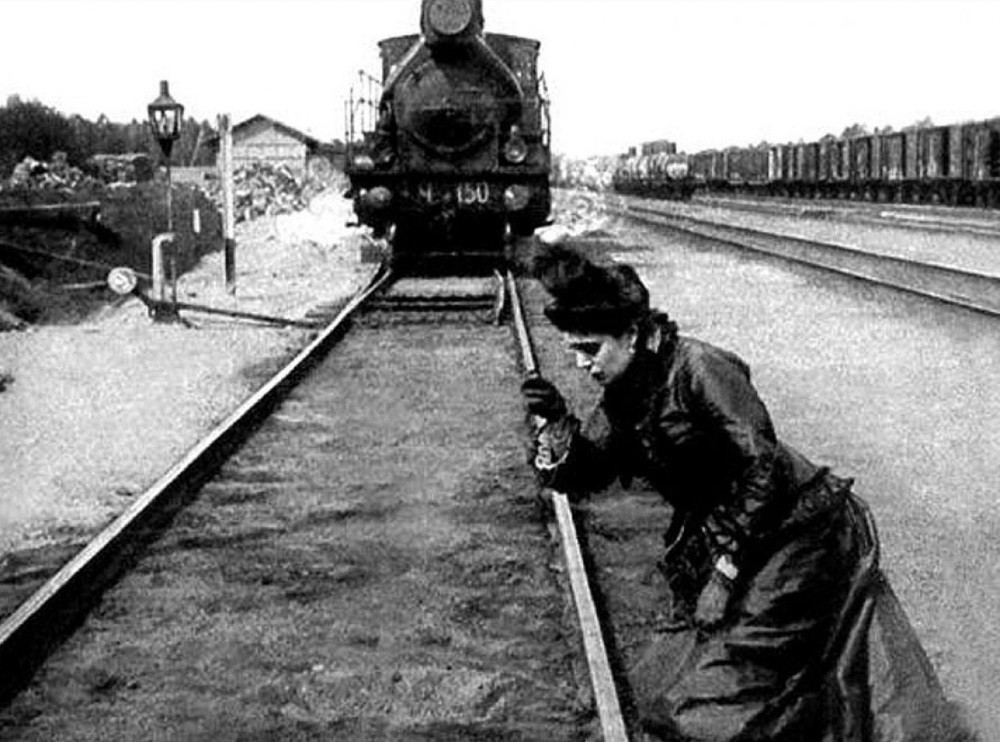The Translation Altercation
There’s a lot going on over which words are the right ones.

The New York Review of Books has had some fascinating stuff of late on the difficulties associated with translating works of fiction into English. The bulk of the material comes from Tim Parks, but now Janet Malcolm — a writer who is not unfamiliar with controversy when it comes to faithfully representing the words of others — steps forward to eviscerate Richard Pevear and Larissa Volokhonsky, the current popular favorites in the Anglicization of great Russian works. (A revised version of their The Master and Margarita translation is out now in celebration of that novel’s 50th anniversary.)
Malcolm’s dissatisfaction with the pair stems from her concern over this question (which is at the root of most of the arguments about translation):
Whose interests should the translator serve? Those of the reader of simple wants, who only asks of a translation that it advance rather than impede his pleasure and understanding? Or those of the more advanced (or masochistic) school who want to know what the original was “like”? I am speaking here of translations of fiction. Poetry and humor are untranslatable in the view of some readers. But surely novels can be successfully translated. The basic myths they transform into stories of their time belong to all cultures and can be retold in any number of languages.
What’s the answer? Fuck if I know. I have a hard enough time understanding English that was written in English. But it seems at least like the right question, and I am more inclined to side with Malcolm (whose case against Pevear and Volokhonsky mostly rests on evidence from their adaptation of Anna Karenina) here. In any event, who knew one of the most exciting controversies of 2016 would be about translation? Not me! (For a less contentious look into the shockingly combative world of translation, Liesl Schillinger’s series of interviews with translators is about as enjoyable as people talking about writing can be.)
